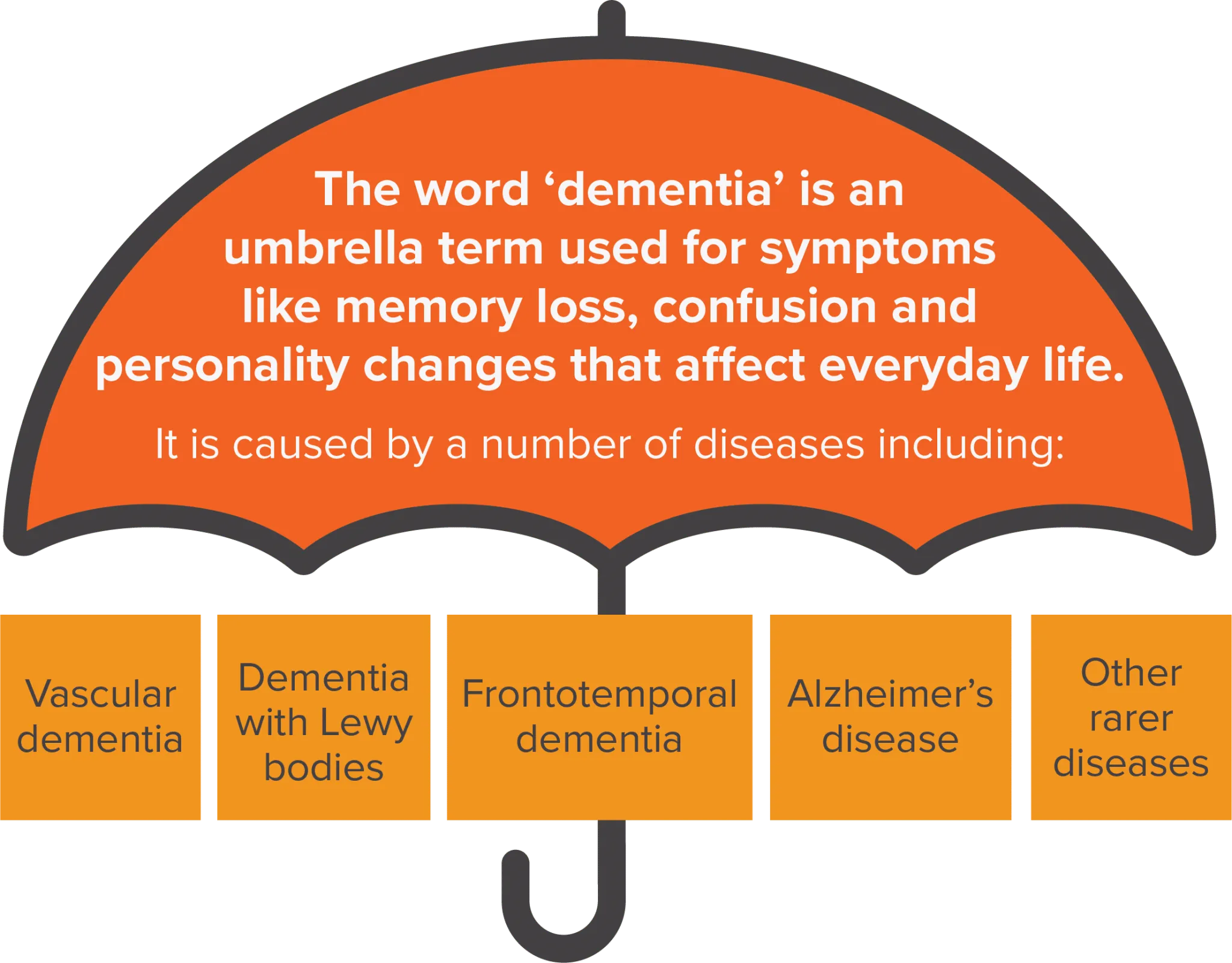Supporting A Loved One At Home When They Have A Dementia Diagnosis
Receiving a dementia diagnosis for a loved one can be overwhelming and emotional. Families often face the challenge of balancing care responsibilities while ensuring their loved one maintains dignity, comfort, and quality of life. Dementia is an umbrella term for cognitive impairments, including memory loss, difficulty with communication, and changes in behavior. These symptoms progress differently in each individual, making flexibility crucial. Caregivers need to educate themselves on the stages of dementia, what to expect, and strategies for responding effectively. Reliable resources, support groups, and consultation with healthcare professionals provide invaluable guidance. Understanding the disease also helps caregivers set realistic expectations, manage frustrations, and approach care with empathy rather than impatience.
Creating a Safe and Comfortable Home Environment
Home modifications can make a significant difference in the safety and comfort of someone with dementia. Simple adjustments, such as removing trip hazards, adding clear signage, and ensuring adequate lighting, reduce confusion and accidents. Maintaining familiar items, routines, and personalized spaces can provide stability and reassurance. Consistent daily schedules for meals, hygiene, and leisure activities help lower stress and keep life predictable for your loved one. In addition, labeling cabinets or rooms, keeping personal belongings within easy reach, and using visual cues can support independence and reduce frustration. Small changes can have a major impact on both safety and emotional wellbeing.
Providing Emotional Support
A dementia diagnosis can be frightening and frustrating. Patience, active listening, and gentle communication maintain a loved one’s sense of identity and dignity. Nonverbal cues, like holding hands or offering a reassuring smile, often communicate comfort better than words. Encouraging social interaction, hobbies, and safe physical activities can improve mood and cognitive engagement, helping them feel connected and valued. It’s important to celebrate the abilities they still have, rather than focusing solely on losses. Even simple achievements, like completing a small task or engaging in a conversation, can boost confidence and reduce feelings of isolation.
Prioritizing Caregiver Wellbeing
Caring for someone with dementia can be physically and emotionally demanding. Seeking respite care, connecting with support groups, and accessing professional guidance can prevent caregiver burnout. Establishing a support network of friends, family, or professional caregivers ensures that help is available when needed. For families considering professional assistance, reviewing dementia care pricing information can help plan financially and ensure care aligns with both needs and budget. Knowing what options are available also allows caregivers to make informed decisions about the level of support required at each stage of the condition.
Working with Healthcare Providers
Regular communication with healthcare professionals is essential. Check-ups, medication management, and monitoring changes in behavior or cognition ensure the care plan remains appropriate. Discussing symptoms openly can lead to timely interventions, support programs, and therapy options that enhance quality of life for both the caregiver and the person with dementia. Care providers can also advise on strategies for managing challenging behaviors, adjusting routines, or using memory aids to maintain independence for as long as possible.
Embracing Flexibility and Celebrating Small Victories
Dementia care at home is rarely predictable, but each positive interaction, maintained skill, or moment of clarity is meaningful. By creating a safe environment, offering emotional support, utilizing available resources, and maintaining open communication, caregivers provide a loving and supportive home throughout the progression of dementia. While the journey can be challenging, it also strengthens bonds, shares meaningful moments, and ensures your loved one experiences comfort and dignity in familiar surroundings. Accepting that some days will be harder than others allows caregivers to approach each moment with patience, compassion, and hope.
Read more: How to Combine Business and Leisure Without It Feeling Forced

